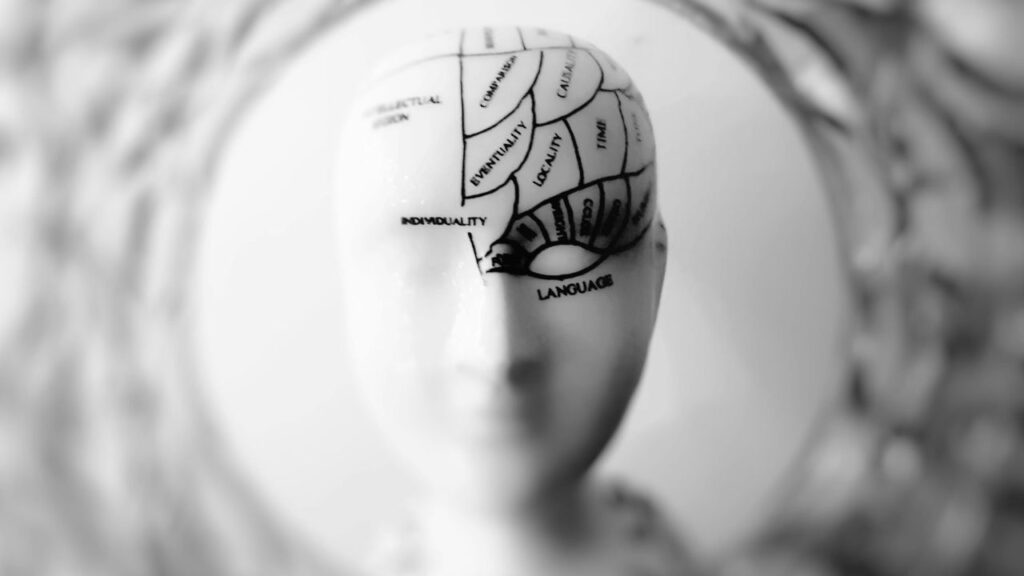Men face unique challenges when it comes to mental health and addiction, often struggling in silence due to societal expectations and deeply ingrained beliefs about masculinity. Understanding these challenges is crucial for effective treatment and recovery, as the intersection of mental health issues and substance use creates complex situations that require specialized care and compassion.
The relationship between men’s mental health and addiction often stems from cultural messages that discourage emotional expression and vulnerability. These expectations can lead men to seek relief from psychological pain through substances rather than professional help, creating a dangerous cycle that affects not only the individual but their families and communities.
The Silent Struggle
Traditional masculine roles often emphasize strength, independence, and emotional control. While these qualities can be positive, they can also prevent men from recognizing when they need help or seeking appropriate treatment for mental health concerns. Many men learn early that expressing emotions or admitting struggles is a sign of weakness, leading them to internalize pain and stress.
This internalization frequently manifests as anger, irritability, or withdrawal rather than the sadness or anxiety that might be more easily recognized as symptoms of mental health conditions. As a result, depression in men often goes undiagnosed or misunderstood, both by the individuals themselves and by those around them.
When mental health symptoms remain unaddressed, many men turn to alcohol or drugs as a way to cope with overwhelming emotions, stress, or trauma. Substances may initially seem to provide relief from anxiety, depression, or painful memories, creating a temporary escape that can quickly develop into dependency.
Common Mental Health Challenges in Men
Depression affects men differently than women, often presenting as aggression, risk-taking behavior, or emotional numbness rather than obvious sadness. Men may experience what researchers call “male-type depression,” characterized by anger, irritability, and difficulty managing stress rather than traditional symptoms like crying or expressing hopelessness.
Anxiety disorders also impact men significantly, though they may manifest as perfectionism, workaholism, or avoidance of certain situations. Social anxiety can be particularly challenging for men who feel pressure to be confident and assertive in all situations.
Post-traumatic stress disorder affects many men, particularly those with military experience, dangerous occupations, or histories of childhood trauma. PTSD symptoms often include hypervigilance, anger, and emotional detachment; these are responses that may seem consistent with traditional masculine behavior but actually indicate serious mental health concerns requiring professional treatment.
Self-Medication and Substance Use
When men struggle with untreated mental health conditions, they often gravitate toward substances that seem to alleviate their symptoms. Alcohol might temporarily reduce anxiety or provide emotional numbness. Stimulants may offer energy and confidence to counteract depression. Opioids can provide escape from both physical and emotional pain.
This self-medication approach creates a dangerous cycle where substance use initially masks mental health symptoms but ultimately worsens them. As tolerance develops and addiction takes hold, the original mental health conditions often become more severe, while new problems related to substance use emerge.
Many men don’t recognize this pattern because they view their substance use as a reasonable response to stress rather than a symptom of underlying mental health conditions. The stigma surrounding both mental health treatment and addiction can prevent men from seeking help until their situation becomes critical.
Breaking Down Barriers to Treatment
Effective treatment for men requires addressing both the mental health conditions and the addiction simultaneously. This integrated approach recognizes that these issues are interconnected and cannot be successfully treated in isolation.
Creating safe spaces where men can express vulnerability and explore emotions without judgment is essential for recovery. Many men benefit from treatment environments that understand masculine communication styles while gently challenging harmful beliefs about emotional expression and help-seeking.
Group therapy with other men can be particularly beneficial, as it allows individuals to see that other men have faced similar struggles and found ways to recovery. These connections help break down isolation and demonstrate that seeking help is actually a courageous and strength-based decision.
Rebuilding Healthy Masculinity
Recovery involves developing a healthier understanding of masculinity that includes emotional awareness, vulnerability, and connection with others. This doesn’t mean abandoning positive masculine traits like protectiveness or responsibility, but rather expanding the definition to include emotional intelligence and self-care.
Many men in recovery discover that addressing their mental health actually enhances their ability to fulfill important roles as partners, fathers, and community members. Sobriety and mental wellness improve decision-making, emotional regulation, and relationship skills. These are all crucial components of effective leadership and care for others.
Learning healthy coping strategies for stress, anxiety, and difficult emotions provides alternatives to substance use while building resilience for long-term recovery. These skills often include physical exercise, meditation, creative expression, and meaningful social connections.
The Strength in Seeking Help
Recognizing the need for help and taking action to address mental health and addiction issues requires tremendous courage and strength. Men who seek treatment are taking responsibility for their well-being and the well-being of those they care about.
Professional treatment provides the tools, support, and medical expertise necessary for addressing complex mental health and addiction issues. Individual therapy, group counseling, family support, and medication management when appropriate all contribute to comprehensive care that addresses the whole person.
Recovery is not about weakness or failure, it’s about taking control of your life and making positive changes that benefit both yourself and your loved ones. Many men find that treatment helps them become the person they always wanted to be: present, emotionally available, and genuinely strong.
Find Your Path to Recovery
If you’re struggling with mental health issues and substance use, you don’t have to face these challenges alone. Seeking help is a sign of wisdom and strength, not weakness.
The Bluffs understands the unique challenges men face in addressing mental health and addiction issues. Our compassionate team provides individualized treatment that respects your experiences while helping you develop the tools needed for lasting recovery and mental wellness. Call today to take the first step toward the life you deserve.








